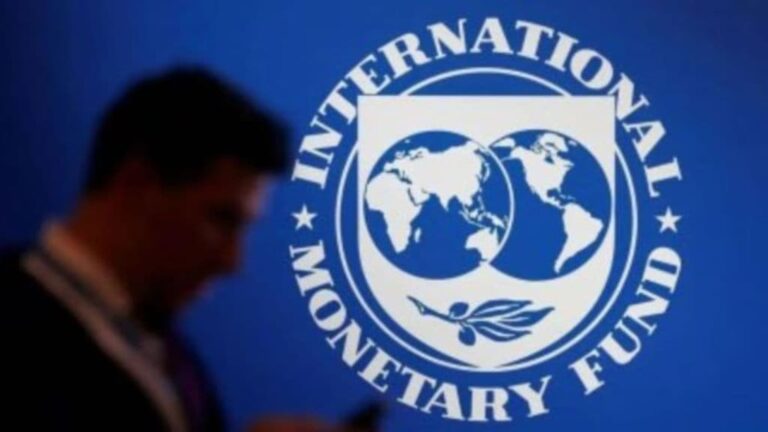The IMF said “significant progress” had been made in talks with Pakistani authorities aimed at reaching a staff-level agreement on expanding funding for the cash-strapped country.
Pakistan has formally requested a new rescue package of $6 billion to $8 billion under the EFF, potentially increased through climate funds.
If successful, it will mark the country’s 24th bailout program by the International Monetary Fund (IMF).
An IMF team led by Nathan Porter, head of the IMF mission in Pakistan, visited Islamabad from May 13 to 23 to discuss Pakistan’s home-grown economic plans that could be supported under the IMF’s Extended Financing Facility. The visit was made at the request of Islamabad.
The global lender stressed that its priority on reforms to jump-start Pakistan’s economy outweighs the size of the new lending package under negotiation.
“The mission and authorities will continue policy consultations virtually over the next few days with a view to finalizing discussions, including on the financial support needed from the IMF and Pakistan’s bilateral and multilateral partners to support the authorities’ reform efforts,” Porter said in a statement.
Ahead of the talks, the IMF had warned that downside risks to Pakistan’s economy remained very high.
The official said based on the economic stabilization achieved through the successful completion of the Stand-By Arrangement in 2023, global lenders and Pakistani authorities have made “significant progress” towards achieving a staff-level agreement (SLA) on a comprehensive economic policy and reform program that can be supported under the EFF.
“The authorities’ reform program aims to move Pakistan from economic stability to strong, inclusive and resilient growth.”
To achieve this, “authorities plan to improve domestic revenue mobilization through fairer taxation; continue to strengthen public finances to reduce vulnerabilities by expanding spending on human capital, social security and climate resilience; ensure the viability of the energy sector, including through reforms to reduce high energy costs; continue progress toward low and stable inflation through appropriate monetary and exchange rate policies; improve public service delivery through the restructuring and privatization of state-owned enterprises (SOEs); and foster private sector development by ensuring a level playing field for investment and stronger governance,” the statement said.
Immediately after the statement was released, the Pakistan Stock Exchange (PSX) rose 556.5 points from the previous day’s closing price of 75,114.47 to 75,670.97 points as of 9:41 a.m. on Friday.
The Washington-based bank has begun talks with Pakistan about a new lending program after the cash-strapped country completed a short-term $3 billion loan program last month that helped the country avoid a sovereign debt default.
Ahead of the talks, the IMF had warned earlier this month that downside risks to Pakistan’s economy remained very high.
Pakistan narrowly avoided defaulting on its debt last summer and its economy has stabilised since the completion of its last IMF programme, with inflation falling to about 17% in April from a record 38% in May last year.
The country remains plagued by a large budget deficit, which, although kept in check through import control mechanisms, has slowed growth, which is expected to grow by around 2 percent this year after contracting last year.

